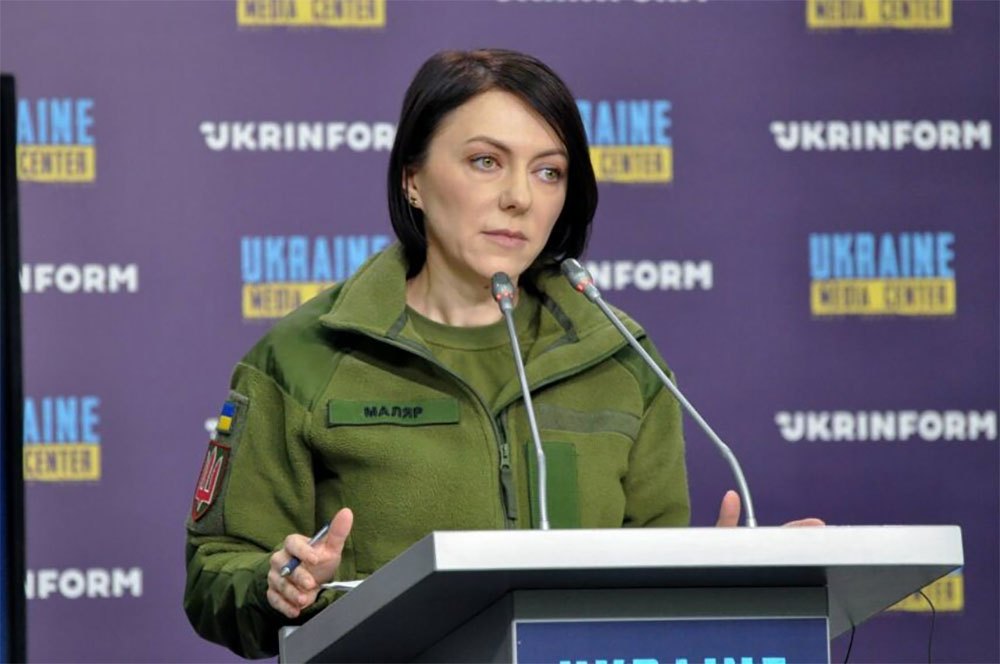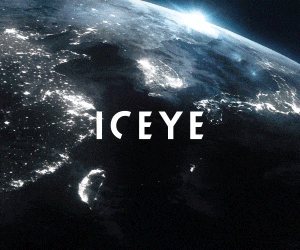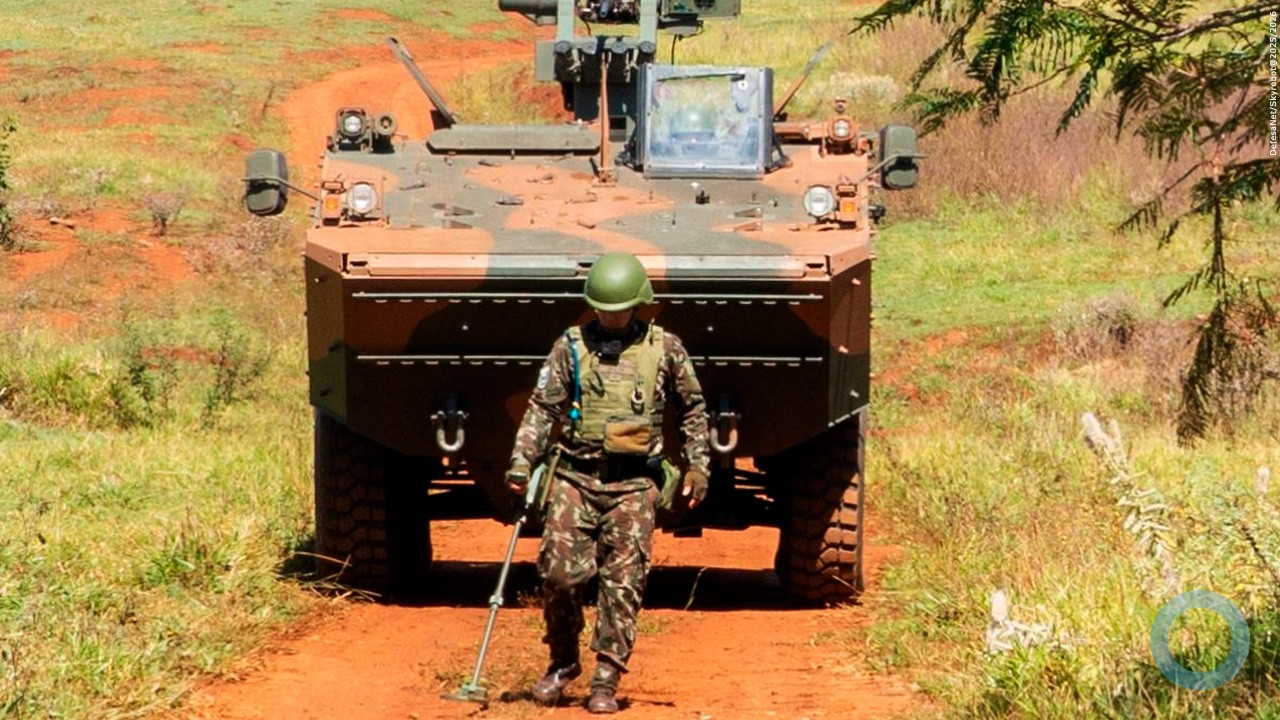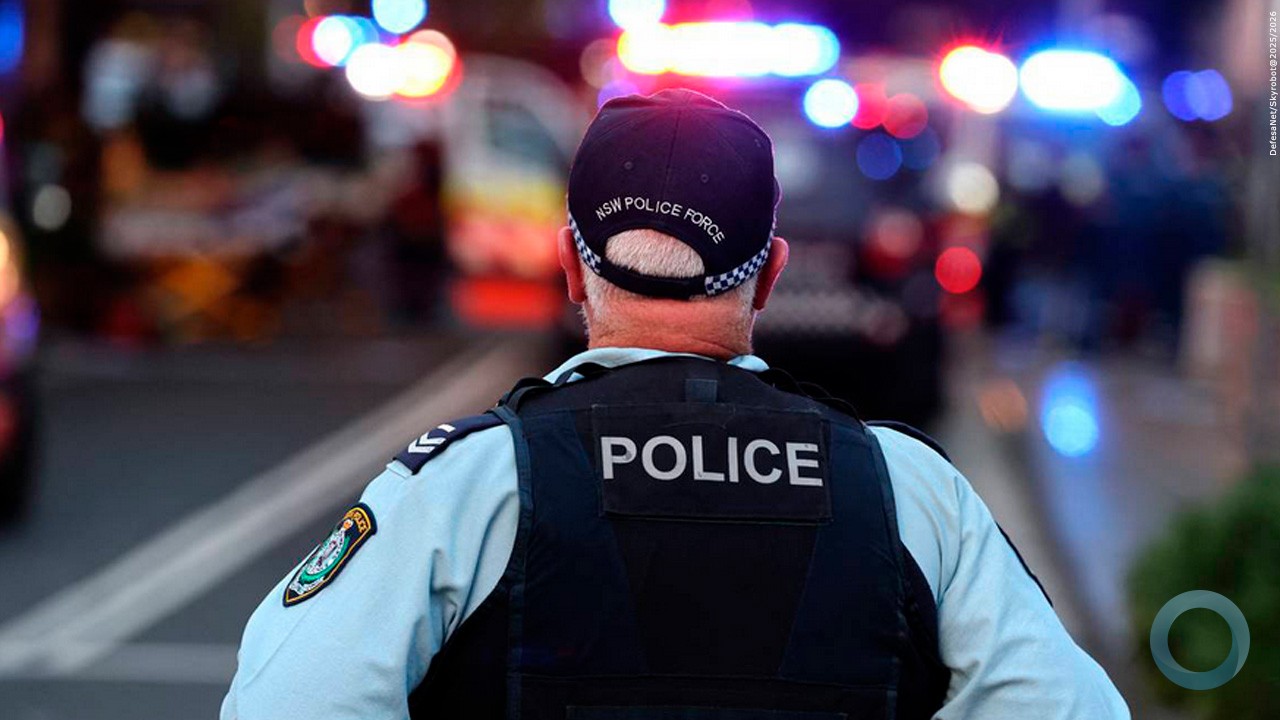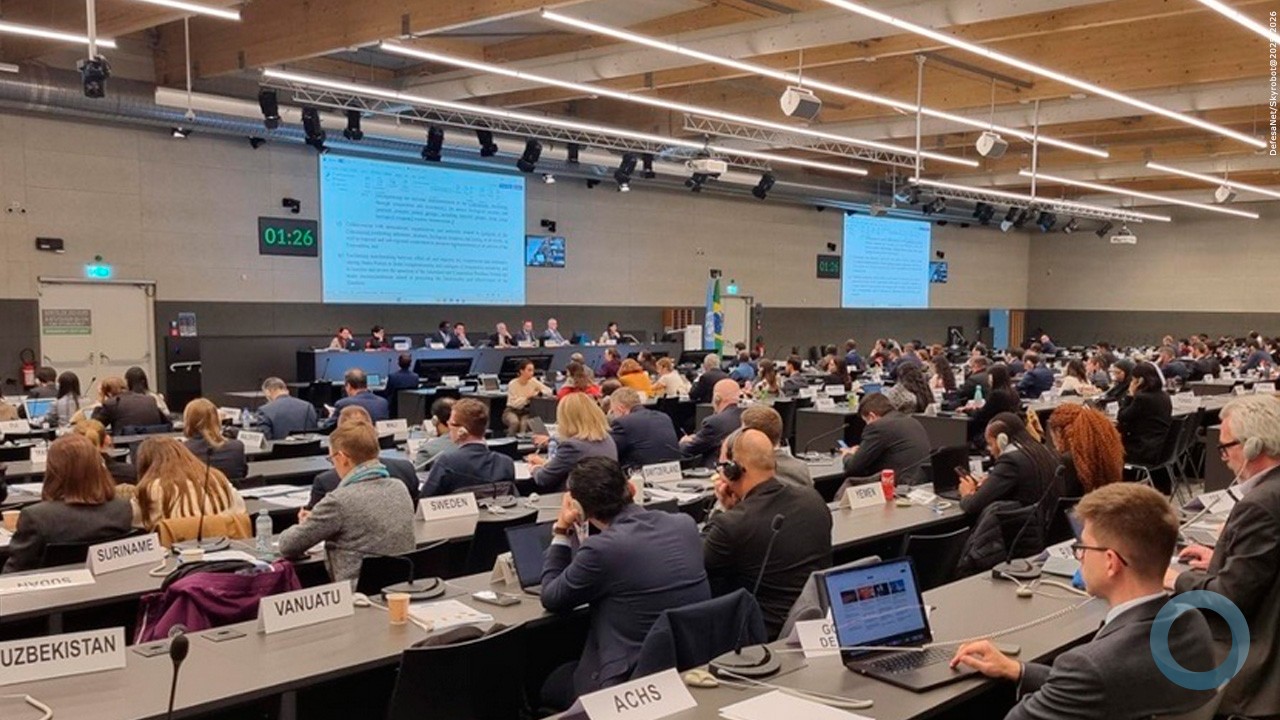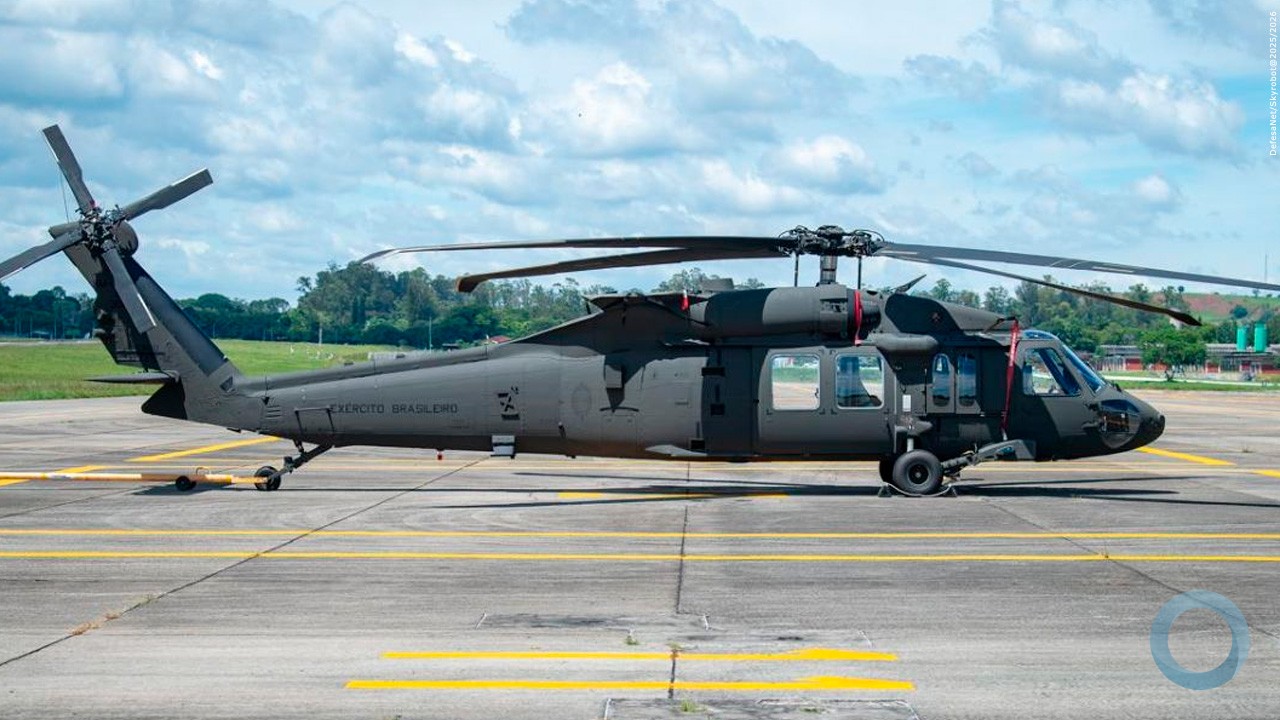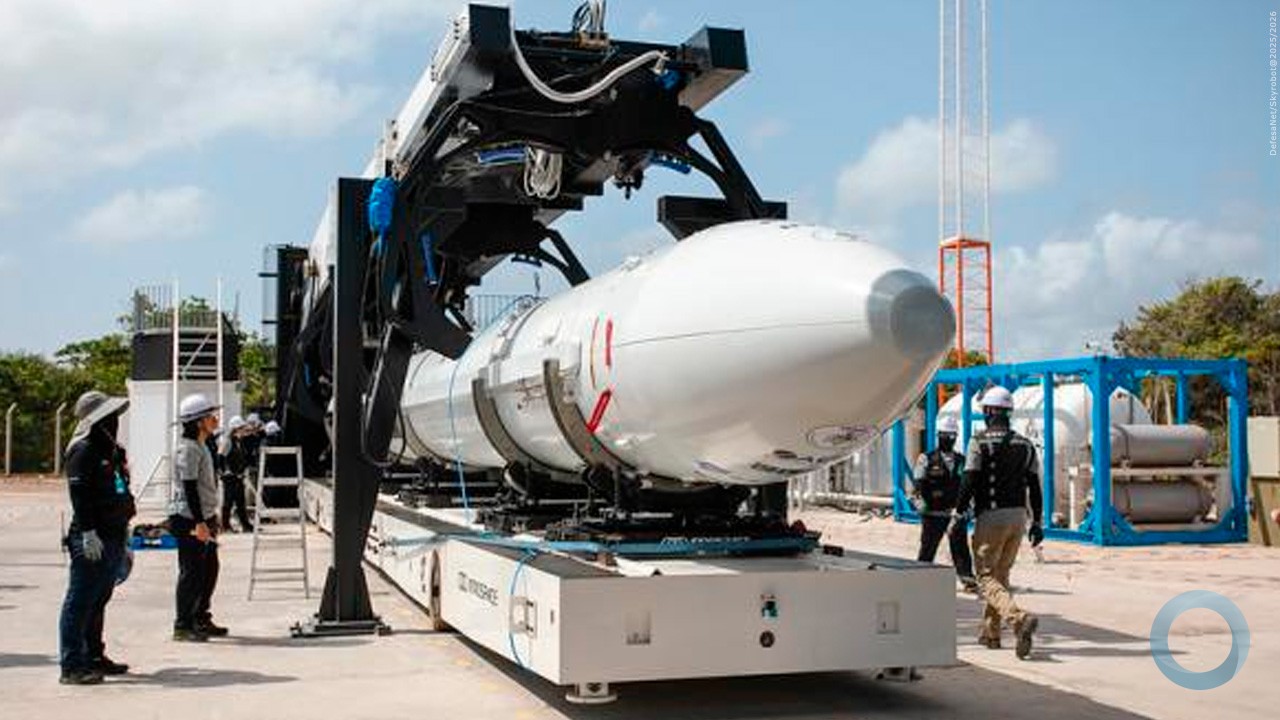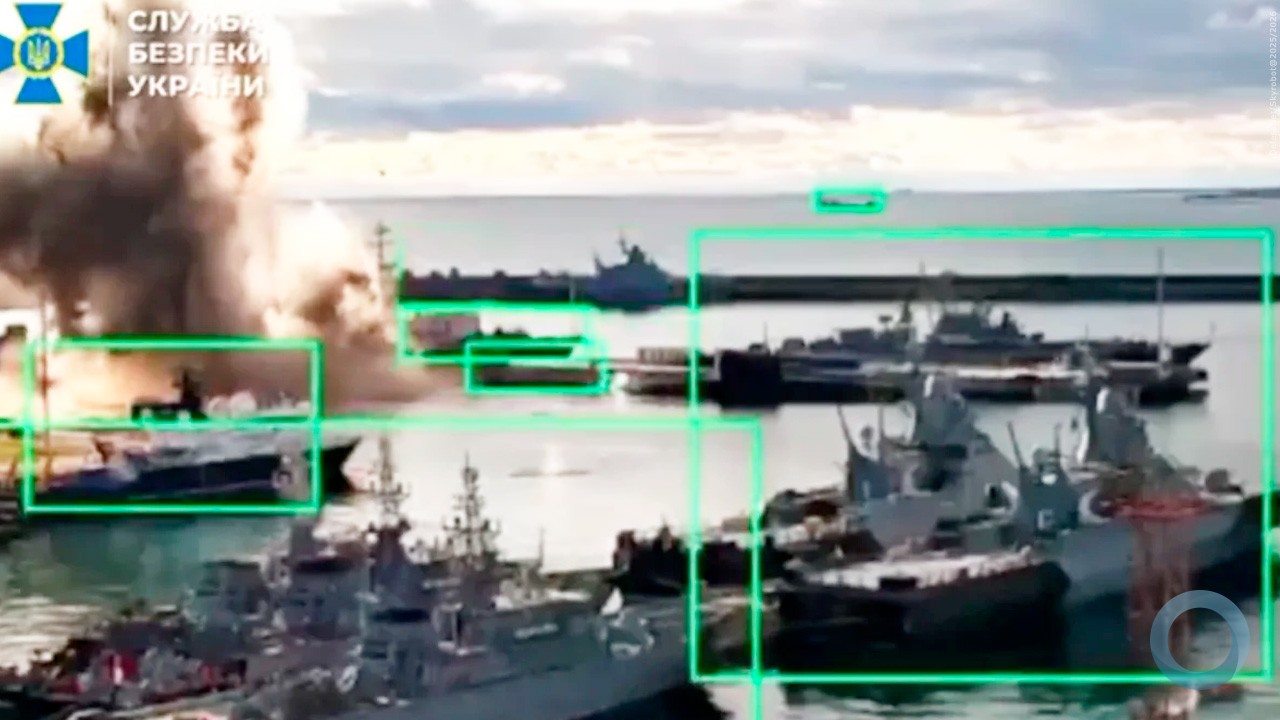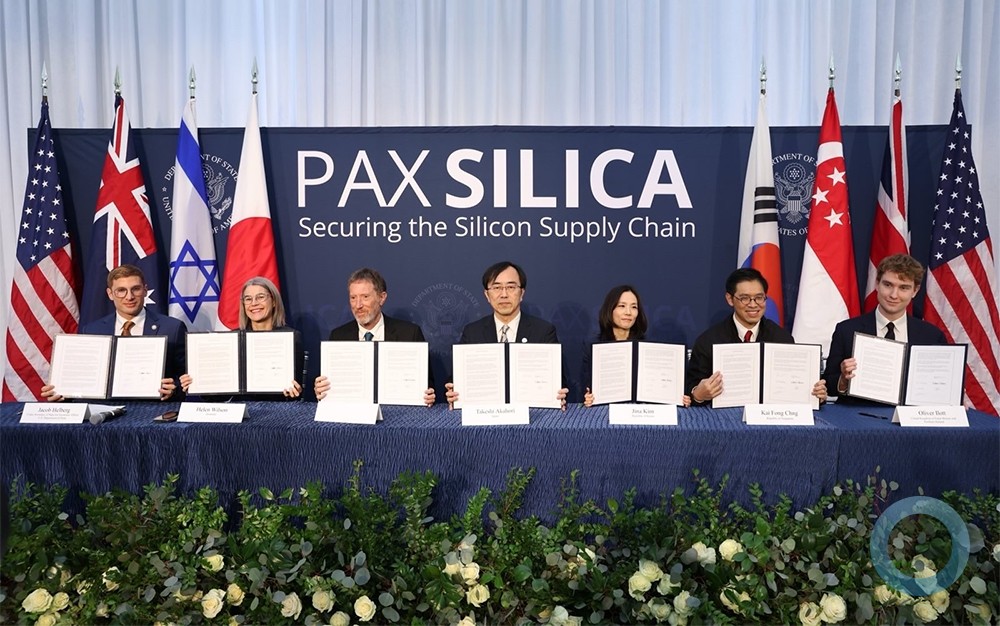While celebrating the second anniversary of the More Doctors Program on Tuesday (Aug. 4), President Dilma Rousseff thanked the foreign doctors who came to Brazil to work, especially the Cuban professionals who were harassed at the beginning of the program. Created in 2013 to bring doctors to underserved areas of the country and the outskirts of large cities, the program has been controversial and has faced resistance from Brazilian health professionals, who were against hiring foreigners.
"I want to thank all the exchange doctors, who came from abroad, from other countries, to take part in it with us, full of solidarity. And I must acknowledge the involvement of Cuban doctors who, along with the Cuban government, have showed solidarity, professionalism and utterly humane care. You have strengthened the relationship between Brazil and Cuba,” said the president to an audience of government officials, lawmakers, doctors and pro-government students.
She also highlighted the commitment of the Brazilian doctors and pointed out that, this year, when the program was expanded, 4,139 job seats were filled by Brazilian professionals. “It's a good example that this program could also bring great benefits to the doctors," she said.
In Rousseff's view, before the program, “there was a lack of doctors everywhere” and the More Doctors Program manage to take professionals to 700 municipalities where there wasn't a single professional, in addition to taking them to the outskirts of large cities.
According to the Ministry of Health, the More Doctors Program has taken18,240 doctors to work in 4,058 municipalities and 34 special indigenous districts – it has brought advantages to a total of 63 million people. And the next step, said the president, is to launch the More Specialties Program, one of her promises during the re-election campaign.
At the ceremony on Tuesday (Aug. 4), Rousseff signed a decree creating the National Register of Doctor's Specialties.
“In order to fulfill the public health care system and take another step towards structuring the Unified Public Health Care System [SUS], the specialties care also matters to us; but of course it won't replace the primary care. Currently the primary care solves 80 percent of the population's major health problems, but we must have medical specialists.
For that reason, the register is important because we need to know who they are, where they are and what they do, so that we can take a second step which is to create the More Specialties Program,” she noted, not announcing the date for launching the program.
DefesaNet Note
More Doctors Program is a large infiltration and intelligence program managed by Cuban Intelligence. In the past presidential election some souces say that acted activelly in support of Rousseff reelection,







